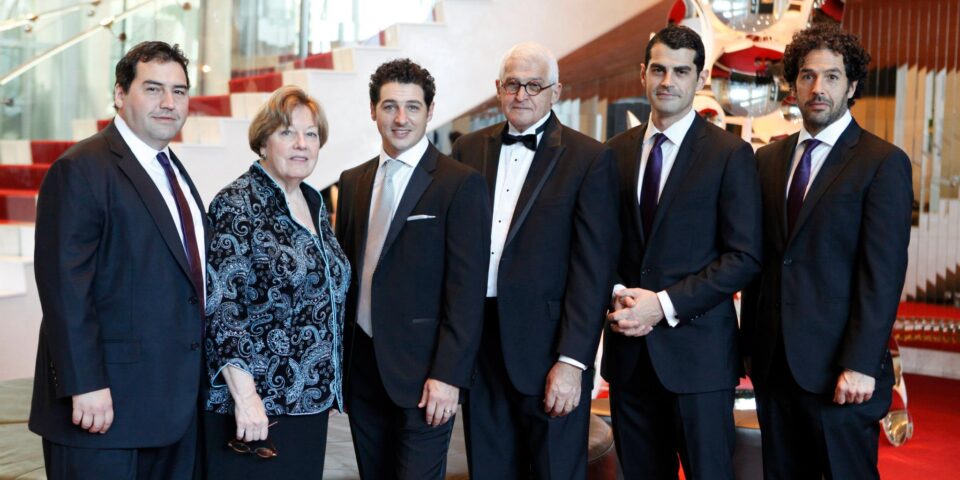My ancestors on all sides came to Utah as pioneers, some joining the Church during the Kirtland period, while others from Wales and Denmark joined a little later. I attended BYU, where I met my Muslim husband, Omar, who was baptized. Omar has served as a bishop and a high councilman in the past, and I have usually been called to music positions; I am currently the Primary pianist. We raised our four sons in the Church, and we now have three little grandgirls and one grandson.
Professionally, I am a registered nurse, and I earned a PhD in Philosophy that led me into the field of bioethics, in which I still consult. Both Omar and I were engaged in the battle over the Equal Rights Amendment and other women’s issues in the 1960s and 1970s, and I served on the Governor’s Commission for the Status of Women in Utah back in that time.
Since the 1970s, whenever I have raised the topic of equality for women in priesthood ordination, Mormon women have offered the same responses over and over: “not interested” or “not yet.” The reasoning seems to be that we already have enough responsibilities, and we share priesthood blessings with our male companions. This reasoning is especially difficult to hear from those who have held Church leadership positions, such as serving in the stake Relief Society presidency, that have enabled them to work somewhat autonomously but with only vicarious priesthood authority. Often they have had experiences in which male leaders obstructed, disdained, or patronized their ideas and works. Alternatively, some have been given a lot of autonomy, were respected, and acted for the bishopric in important ways. Both groups seem happy with their level of responsibility and are not necessarily chafing for more. But then, I wonder, why would these women not value the opportunity to serve with full priesthood authority?
Certainly, women are quick to sympathize with what we see as oppression of women in other circumstances and in other religions, but we don’t always recognize it in our own lives. The question then is not to ask why women in the church are not aggressively asking for ordination, but why they don’t understand that being deprived of the opportunity is an act of oppression.
Since women won the right to vote, logic requires them to fight to retain the principle of equality as a goal, even when we may not want to personally serve in every office. In other words, we want it to be possible for a woman to someday serve as President of the United States, although most of us would not want to hold that office ourselves. So why would we serve in any institution in which women don’t have equal opportunities? Although some women may not want to be a bishop or a stake president, they should not oppose those of us who would enjoy serving in that role.
We agree in general that all institutions are improved when women who wish for leadership can seek it openly and honestly. We didn’t enjoy the era in which banks, companies, stores, hospitals, universities, and other institutions excluded women from giving input, making decisions, and bearing authority, because it wasn’t good for women or for men.
The Church is an institution; although religious, it is not yet heaven on Earth. Like all earthly groups, it is bound to culture, social mores, and politics and can always be improved, but not when half of its constituency is excluded from sharing equally in its leadership. We are all aware of a decline in activity among women who may not ask for the priesthood but have slipped away from a religion that doesn’t meet their needs.
Back in 1978, when the priesthood was made available to all worthy men, including black men, women noted the obvious parallels to their goals and asked when will Church leaders pray about our plight? No serious response was given. Perhaps it is now time for these leaders to consider the issue more thoughtfully than they did then; it is time for them to start praying.
I believe women should be ordained.








